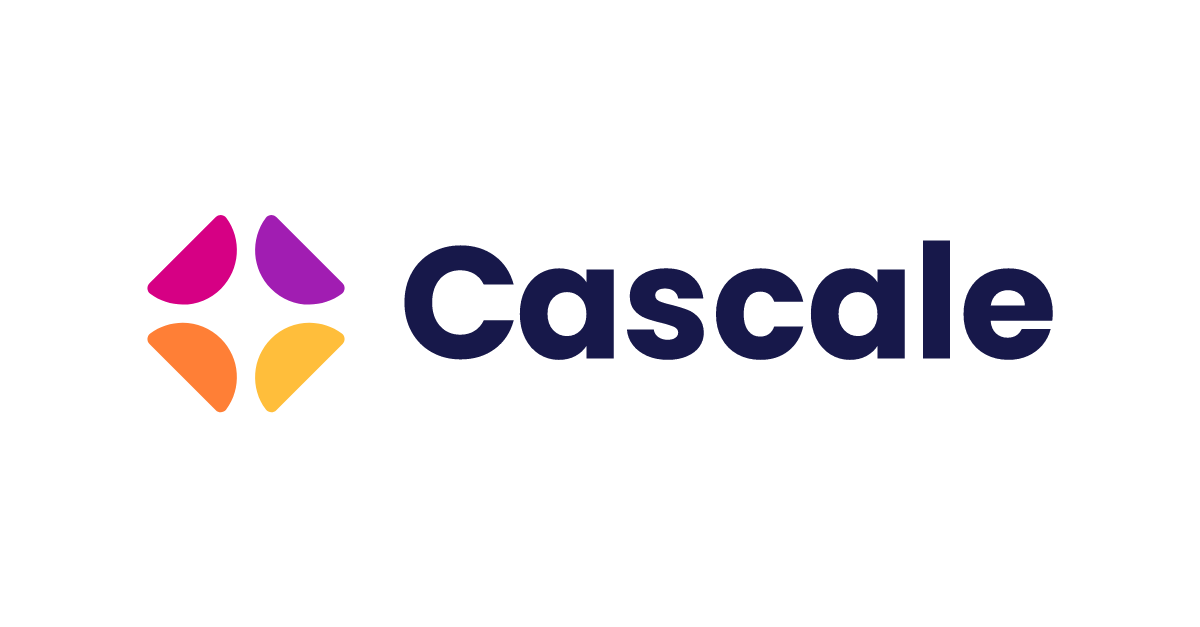Sustainable Apparel Coalition Attends Uniqlo LifeWear Sustainability Roundtable

Kaley Roshitsh, Sustainable Apparel Coalition editorial director, attended Uniqlo's sustainability roundtable at its New York City research and design office. The event centered around the "LifeWear – A New Industry" theme and detailed how the SAC member is approaching product design and manufacturing, consumer-facing recycling and repair initiatives, as well as supply chain overhaul for sustainability and traceability.
Presenters included Kazumi Yanai, senior executive officer, Fast Retailing; Maria Dziedzic, managing director Uniqlo global innovation center; Yukihiro Nitta, group executive officer, responsible for sustainability; and Seneiya Navajas, senior manager of sustainability Fast Retailing. Michael Sadowski, executive director of The Circulate Initiative, moderated the conversation.
Circular design is a repeat topic at fashion events. “Good design can create more durable, sustainable clothing,” said Dziedzic. The Uniqlo veteran showcased her Uniqlo +J collaboration pieces (a coveted line with designer Jil Sander from 2009) as a testament to product durability.
Recycled fabrics are another point of product reform. After charting its path with recycled polyester and down, the brand will soon expand into recycled cashmere, cotton, and wool.
The company also looks to transform its business model, one repair store at a time. Navajas spoke to the joy in recycled, pre-owned, and remade clothing at Uniqlo. In contrast to Dziedzic’s minimalist wardrobe, she sported a kimono with fruity appliqués as a demonstration of the repair shop’s capabilities. By 2024, the brand hopes to implement 50 ReUniqlo studios. Already, 16 stores exist globally. The newest trial was a Uniqlo pre-owned popup in Harajuku district in Japan last month.
Emissions reduction is another avenue of influence in apparel. Last year, Uniqlo achieved a 45.7 percent reduction across Scope 1 and 2 greenhouse gas emissions. The brand’s target is a 90 percent GHG reduction by 2030. As for Scope 3, Uniqlo is on plan to achieve a 20 percent reduction pathway by 2030. Fast Retailing’s Yanai said the group discusses reduction plans every three months with long-term suppliers. Investments like switching from coal to gas and installing LED lighting and solar panels were focus points.
In the question-and-answer portion, the attending media pushed for more info about worker livelihood and living wages. The brand is part of the Fair Labor Association and Global Living Wage Coalition. Nitta clarified some living wage milestones are already being met at facilities in China, with progress still underway for countries such as Indonesia and Bangladesh.
In all, Uniqlo’s commitment to its suppliers can be summarized in the mission statement to “grow together,” in the words of Nitta. “Sustainable growth is a good thing for our suppliers,” he reiterated. “Since we are growing together in a sustainable way, we can provide the order volumes for mid- to long-term business plans.”

